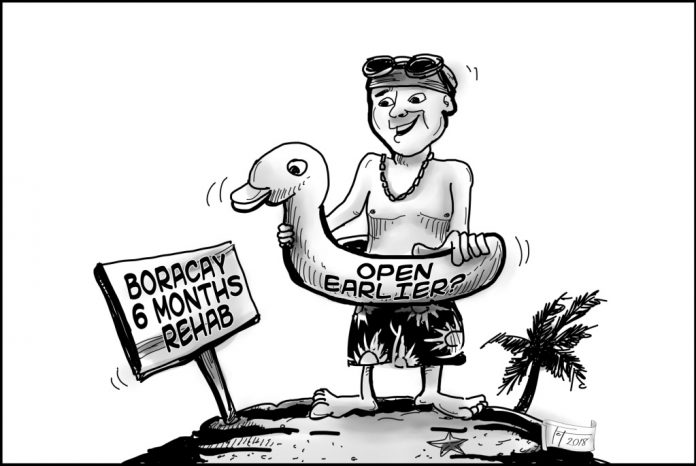
SENIOR citizens often make headlines in crime news as victims of robbers, swindlers, extortionists, and rapists. There are also reports of prolonged inhuman treatment of elders who suffer from mental illness or failing physical health.
The violence and abuse on senior citizens are not unfamiliar. We constantly hear or read reports about these. Elder abuse is a global social issue which affects the health and human rights of millions of older persons around the world, and an issue which deserves the attention of the international community. Thus the United Nations General Assembly, in its resolution 66/127, designated June 15 as World Elder Abuse Awareness Day. It represents the one day in the year when the whole world voices its opposition to the abuse and suffering inflicted to some of our older generations.
Virtually all countries are expected to see substantial growth in the number of older persons between 2015 and 2030, and that growth will be faster in developing regions. Because the numbers of older persons are growing, the amount of elder abuse can be expected to grow with it.
But while the taboo topic of elder abuse has started to gain visibility across the world, it remains one of the least investigated types of violence in national surveys, and one of the least addressed in national action plans. Thankfully in this country, the elderly has a voice in Congress through the Senior Citizen party-list. It has been pushing for the passage of House Bill 6891 or the Anti-Elder Abuse Bill. This was approved at the committee level on Feb. 28. It is hoped this would become a law soon.
The proposed measure aims to address elder abuse – not just detailing punishment to the abusers but more importantly, creating a mechanism to prevent the abuse.
But while waiting for this bill to become law, we recommend to the Department of Social Welfare and Development, Department of Health and Department of Interior and Local Government to jointly boost the implementation of senior citizen welfare laws by directing the Philippine National Police and all barangays, municipalities, cities, and provinces to conduct house-to-house surveys to find out if seniors in their localities are being treated well by their families and to give our seniors advice on how to avoid becoming victims of criminals.
These agencies are in the best position to find out first hand and on a massive nationwide scale the status of senior citizens’ care.

